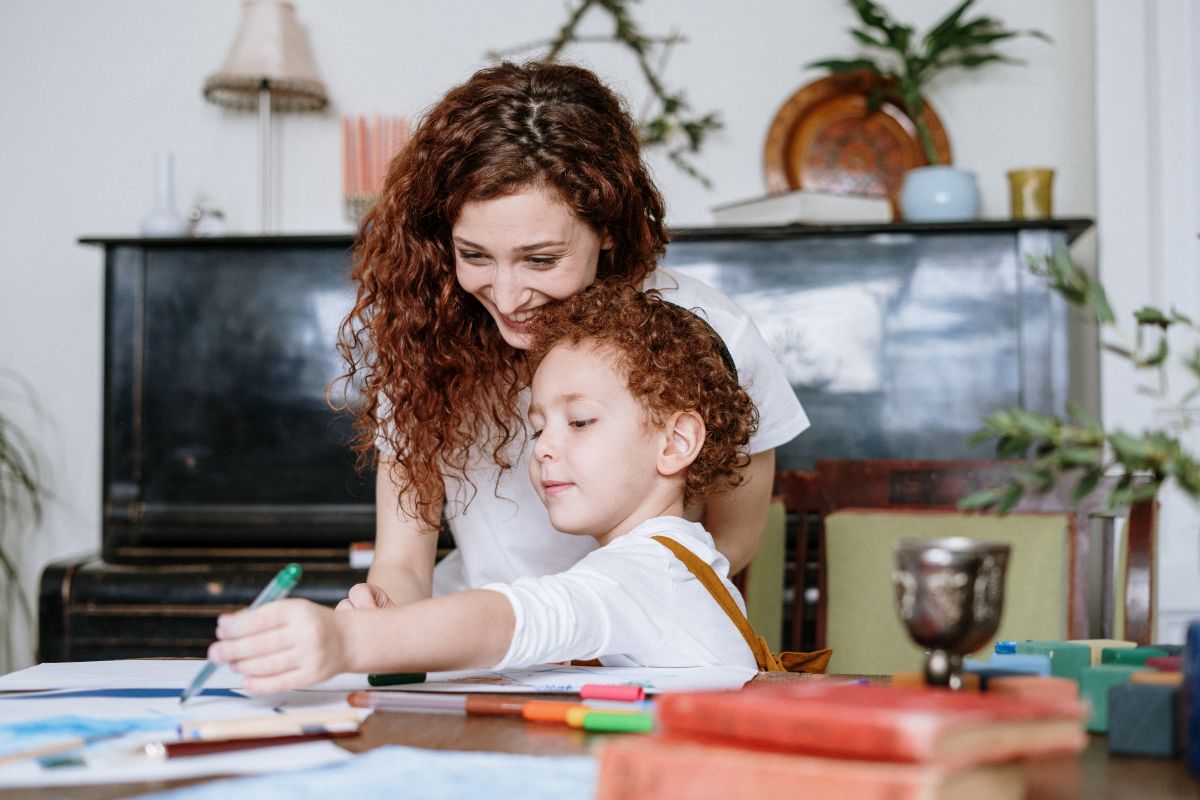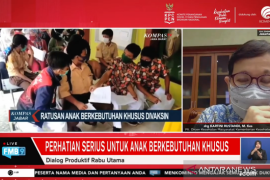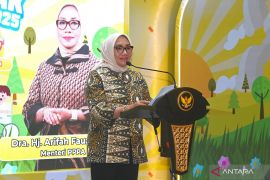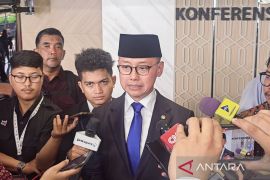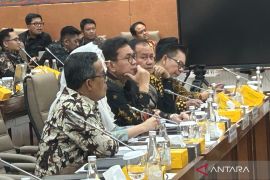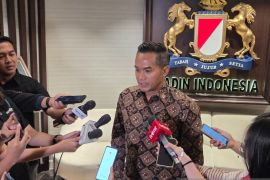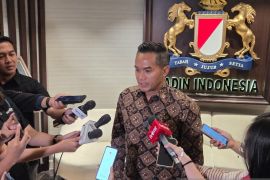"The aspects are language and cognitive, motor and sensory, and social and emotional development," Elsener informed.
In terms of language and cognitive development, she said, many studies have suggested that social distancing causes speech delays.
"There was a child whose first word was not 'mama' or 'papa', but a 'mask', as it was what they repeatedly saw (or heard)," Elsener explained.
Meanwhile, from the aspect of motor and sensory development, she highlighted that many children now have limited room for physical movement.
Due to the pandemic, she said, children can no longer play in schools and parks. Moreover, according to Elsener, the situation in each home is certainly different.
While from the aspect of social and emotional development, the pandemic has made children feel anxious if they meet others in person, especially those who are new to them.
"Children usually socialize, (but now) they cannot play. In fact, when they meet other people (in person), they might feel anxious, as they usually met them through video calls," she elaborated.
According to her, children might find meeting in person socially odd, and it may take a long time for them to adjust to social settings again.
In addition, Elsener said excessive use of gadgets during the pandemic has also increased the negative impact on all three aspects because children are not getting proper stimulation. As a result, children can become more individualistic, egocentric, get bored quickly, and throw tantrums frequently.
Therefore, she underlined the important role of parents to always provide stimulation so that children's growth and development can be optimal.
Some examples of activities that can stimulate children include reading picture books, doing art activities, playing pretend, and narrating social processes, she pointed out.
"For example, narrating a social process is when a family member visits, tell them where they came from, how long was the journey. Meanwhile, playing pretend is like parents acting as a teacher or children acting as doctors. Thus, from there, children can be prepared in the real conditions," Elsener said.
Related news: Gov't policies must take children's views into account: official
Related news: Parents must prepare for long COVID risk in children: expert
Related news: Deltacron not a serious threat: IDI
Translator: Suci N, Kenzu T
Editor: Sri Haryati
Copyright © ANTARA 2022
